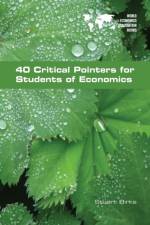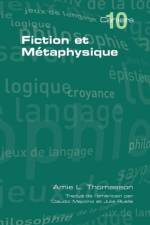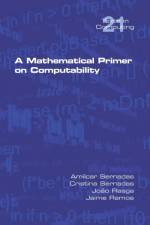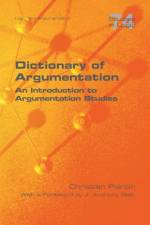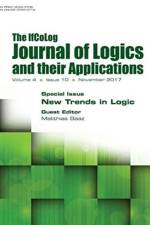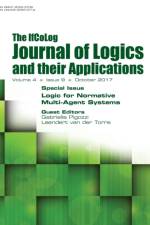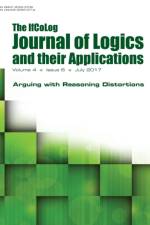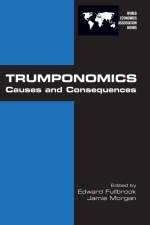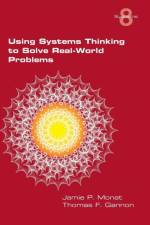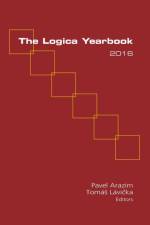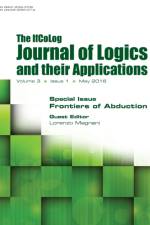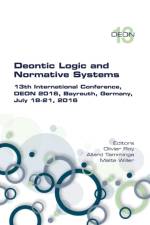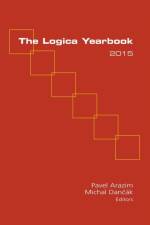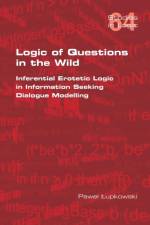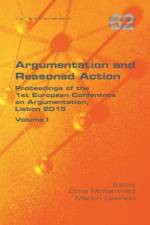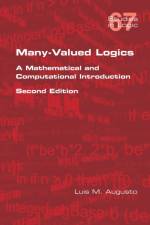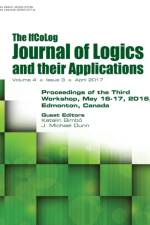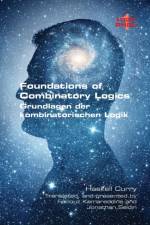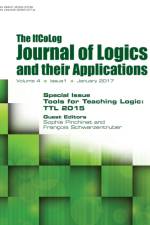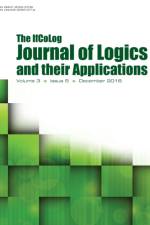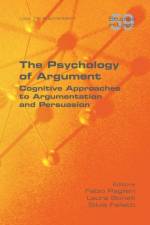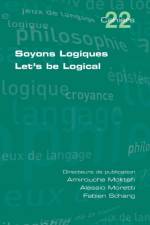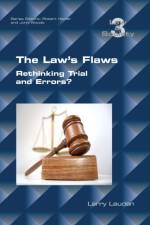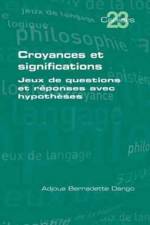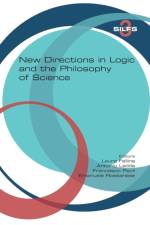- A Introduction to Argumentation Studies
av Christian Plantin
387
Contemporary argumentation studies continue a tradition founded by Aristotle, Cicero, Quintilian and others. Since the end of the Second World War, they have been vigorously taken over and reoriented by different schools of thought, stressing their link to the renovated disciplines of logic, dialectic, rhetoric or grammar. Anscombre, Blair, Ducrot, van Eemeren, Grize, Grootendorst, Hamblin, Johnson, Olbrechts-Tyteca, Perelman, Toulmin, Walton, Woods, and many others, have reconceptualized the field, reconnected it to contemporary scholarship and opened up rigorous and innovative avenues of research. At the turn of the century, argumentation in science education and argumentation about socio-scientific issues emerged as new fields within the larger area of argumentation studies. Within this diverse and challenging context, this comprehensive Dictionary makes a significant contribution to the construction of a common culture and shared vocabulary of argumentation. Argumentation is approached as an all-pervasive linguistic-cognitive activity, and argumentation studies are posited as a multidisciplinary field. This Dictionary of Argumentation defines 301 concepts. The 223 main entries define, comment upon, and illustrate a specific concept or a set of interrelated concepts. The 78 secondary entries refer to the relevant main entry (-ies). The relationships between the entries are marked by a system of cross-references, which strengthen the conceptual coherence of the Dictionary as a whole. This is the first dictionary of its kind to be published in English.

